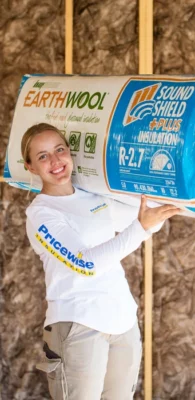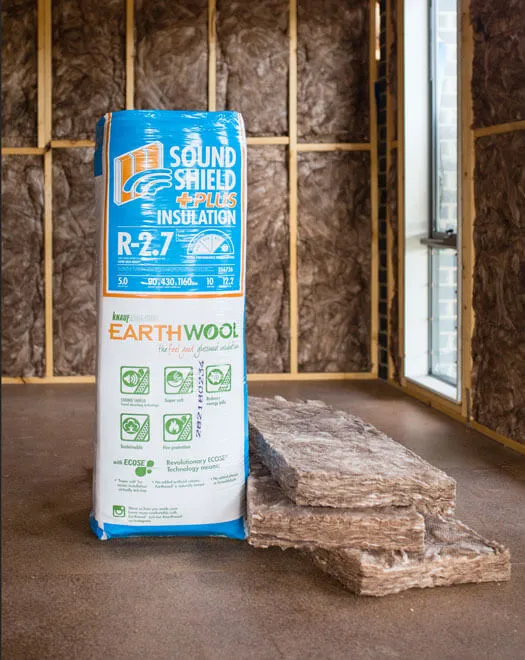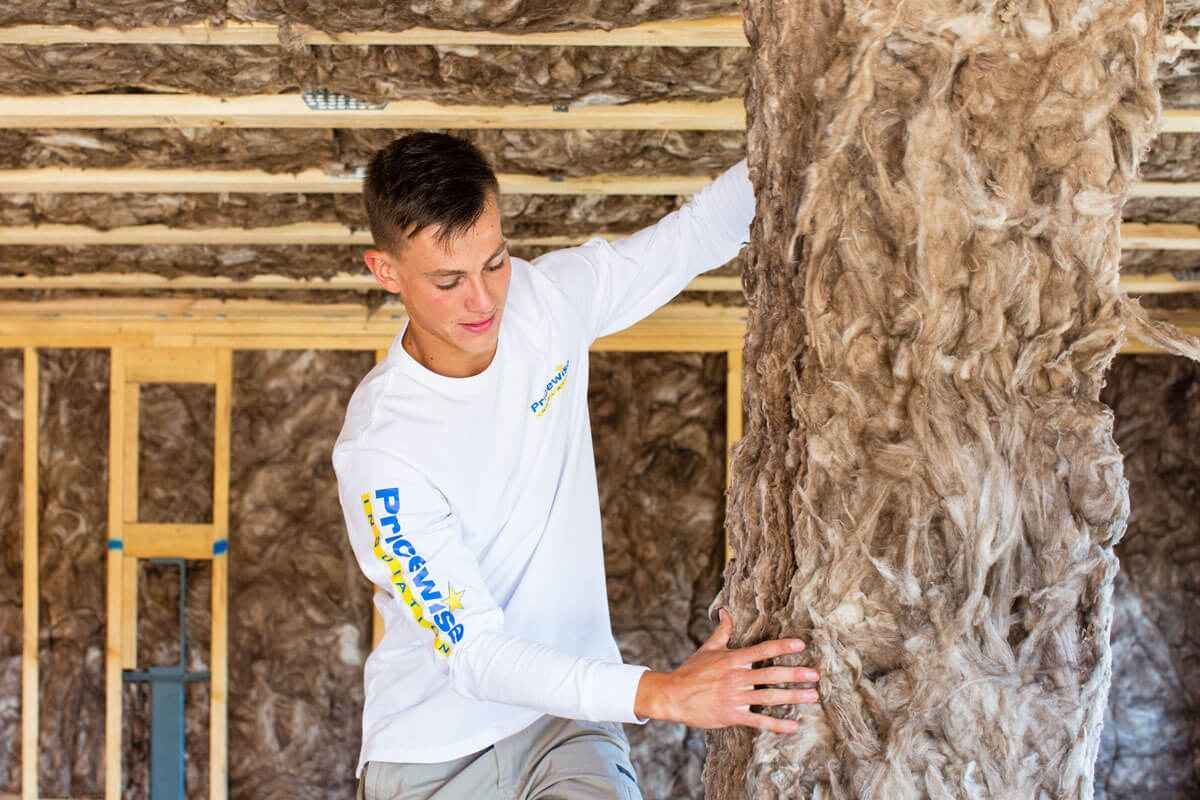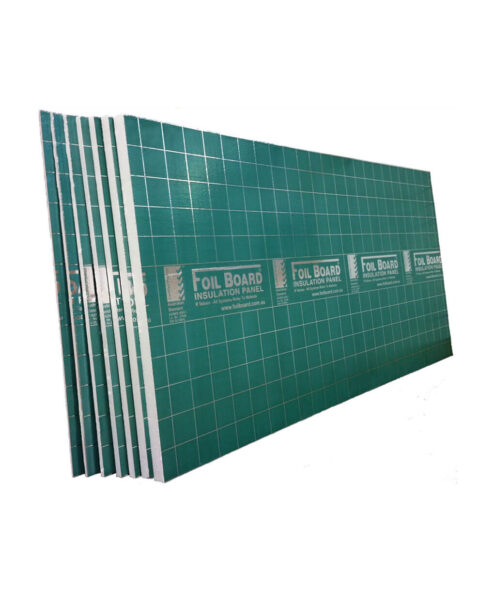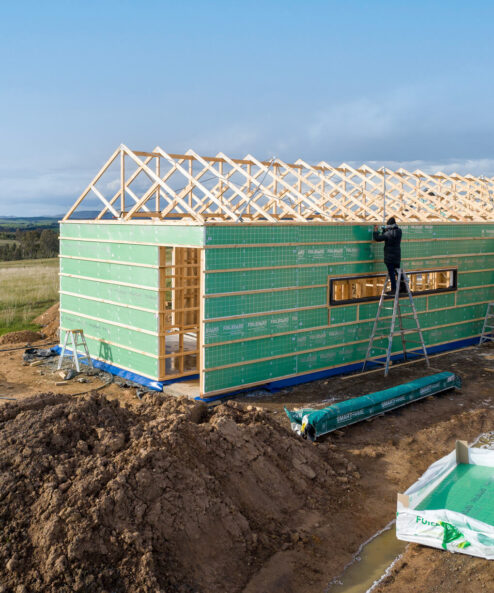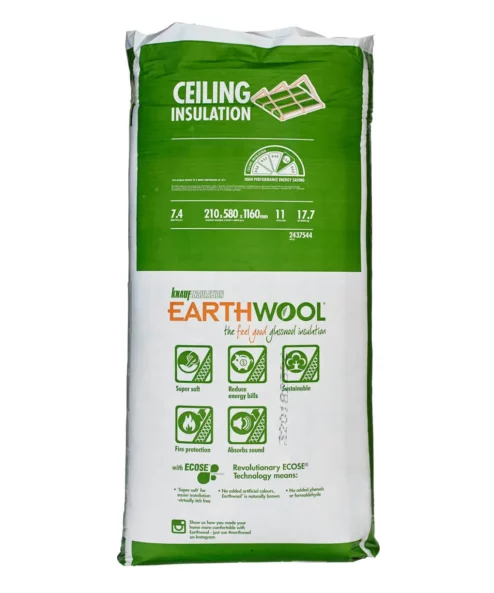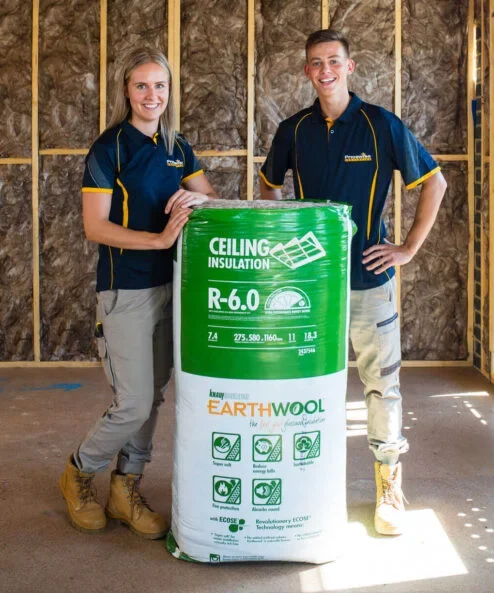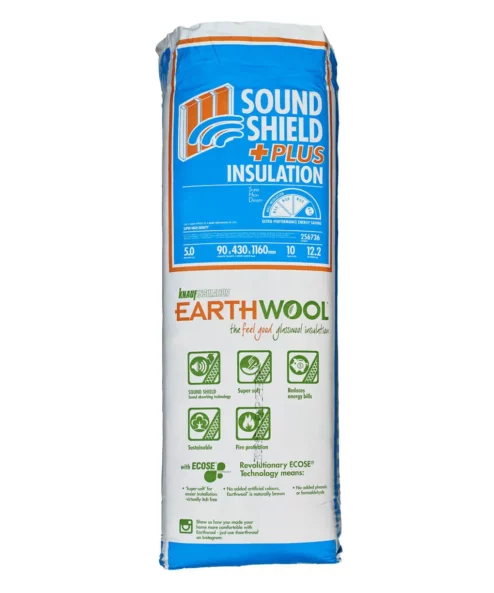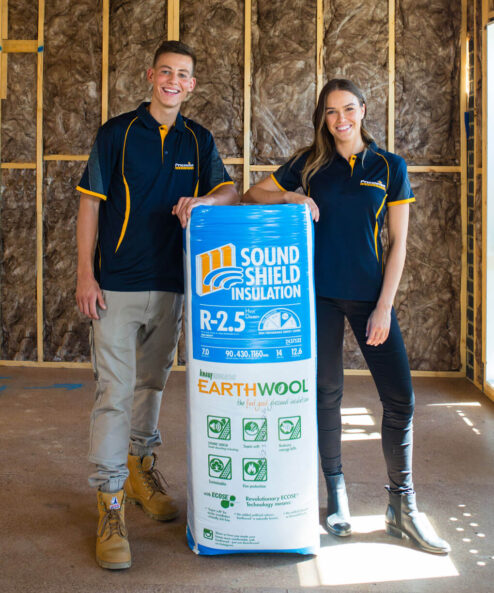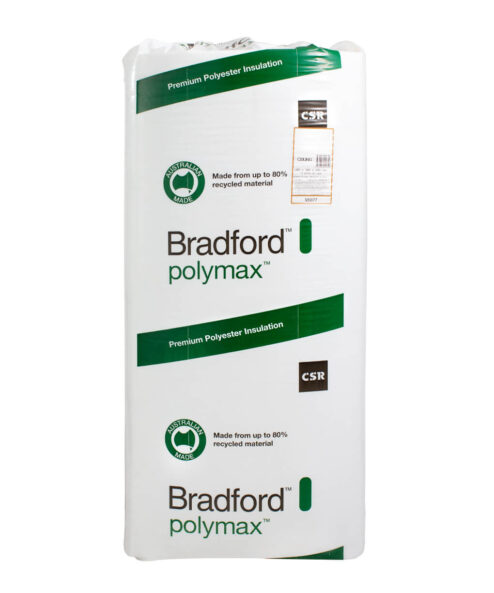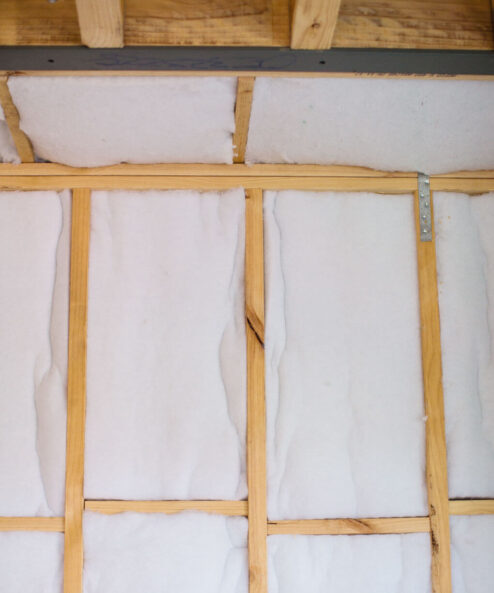Insulation Tips
Comparing Different Types of Insulation for your Home
Deciding what type of home insulation you will use can be a difficult decision, especially when there are so many options to choose from. There are a number of factors which are likely to influence your decision such as where in the home you are insulating, whether you are insulating a pre-existing home or one that is being built and what your budget is.
What are the different types of insulation for homes?
1. Insulation rolls and batts
Insulation rolls and batts are very popular and can be installed in floors, ceiling and walls. Rolls are a continuous length whereas batts are pre-cut for a snug fit between rafters or joists. This type of insulation resists heat flow by trapping billions of tiny pockets of air. When installing insulation rolls or batts, you need to make sure there are no gaps and that the insulation material is not compressed because these could reduce the efficiency of the insulation.
2. Foam board and insulation panels
Rigid board insulation can be used in almost any part of a home and offers many advantages. It offers high insulating and compressive strength for its relatively little thickness. Two of the most effective types of insulation boards are expanded polystyrene (EPS) and extruded polystyrene (XPS) which both have a ‘closed-cell’ structure. These very close cells prevent the movement of air or water through the insulation to slow down heat flow.
3. Reflective foil insulation
Foil insulation has a thin layer of foil on one side which helps reflect radiant heat from the sun away from your home. It is ideal for installing in your roof and should have a pocket of air below the reflective side to work effectively. It’s great for hot weather, can help reduce moisture build up and dampens noises from rain and wind.
What is the best insulation material?
Typically insulation rolls and batts are made from glasswool, rockwool or polyester. Glasswool (also known as fibreglass) is very effective and easy to handle. It has higher compression properties than polyester which makes it easy to transport.
Polyester products don’t have any itch factor that is associated with traditional glasswool products. However, in recent times, glasswool products such as Knauf Earthwool make use of technology to remove almost all itchiness. Polyester insulation products have the added advantage of no ‘breathable fibres, making it a popular choice for those who have asthma or other dust intolerances.
Rockwool is made from rocks, melted and then turned into fibres. It has great thermal and acoustic properties, but the standout feature is its exceptional fire ratings. It is non-combustible, won’t produce any toxic smoke and will stop the spread of flames in the case of a fire.
What is the most effective home insulation?
If you want the most effective home insulation, you should choose a product with the highest R-value you can afford. An R-value indicates how effective an insulation product is at resisting heat flow, so the higher you go the better.
All the products we supply at Pricewise Insulation are effective if installed correctly, so choosing the right home insulation for you depends on your budget, where you live and any preferences you have. Browse the range of home insulation we supply, or get in touch to make an enquiry.

